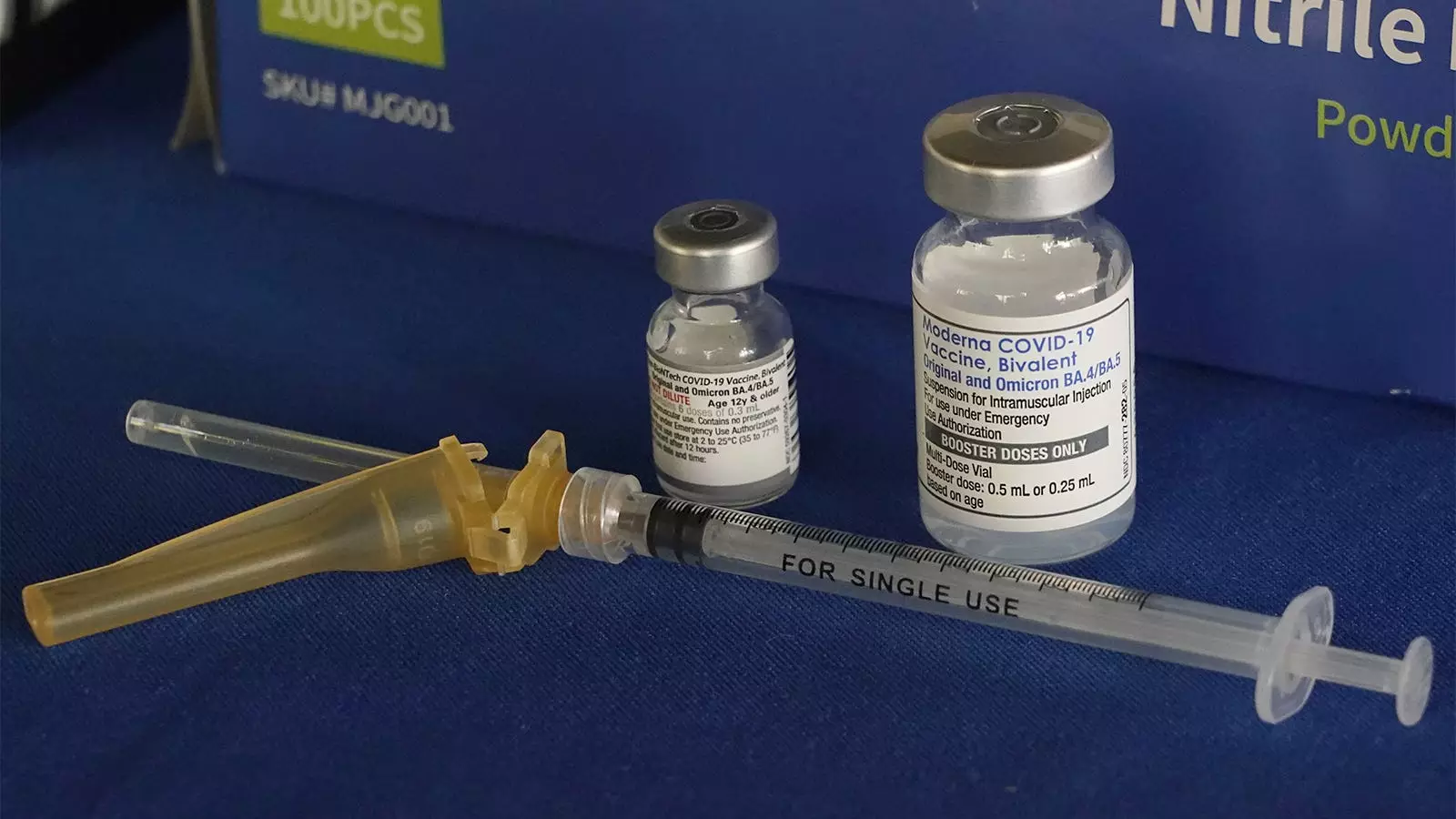The landscape of public health is constantly evolving, often influenced by decisions at local and state levels. A recent controversial decision by a regional public health department in Idaho has sparked significant concern surrounding the accessibility of COVID-19 vaccines. The Southwest District Health (SDH), serving six counties in southern Idaho, has made headlines by becoming the first health department in the United States to restrict the distribution of COVID-19 vaccines. This unprecedented move has raised serious questions about the role of public health institutions, the impact of community sentiment on public health policy, and the ethical implications of denying vaccine access.
The SDH board’s narrow vote to cease offering COVID-19 vaccines is not only a significant policy shift but also a reflection of a broader trend where public health measures are increasingly influenced by local political climates. Unlike other states that have taken steps to limit vaccine promotion or question their safety through legislation, Idaho’s action stands out as a direct prohibition against administering an essential public health intervention. This decision deviates from the typical public health strategy, where the intent is to maximize health benefits for populations, particularly during a global health crisis.
Adriane Casalotti, the chief of government and public affairs for the National Association of County and City Health Officials, noted that while some health departments have scaled back vaccination efforts—often due to financial constraints or declines in demand—these actions have not previously stemmed from a rejection of vaccines’ medical validity. With the stark drop in vaccination numbers—from 1,601 doses in 2021 to a mere 64 in 2024—a worrying trend is emerging, reflecting both vaccine hesitancy and broader public discontentment with health recommendations.
During the board meeting leading to this decision, a plethora of public comments, predominantly opposing the vaccination initiative, brought to light the deep-seated skepticism that some community members harbor towards vaccine safety and public health authorities. Influential figures in the anti-vaccine movement, such as Dr. Peter McCullough, were present to reinforce doubts about the vaccines, further complicating the narrative surrounding vaccine hesitancy.
Chairman Kelly Aberasturi, acknowledging the skepticism among constituents, expressed a personal disappointment in the decision while highlighting his concerns about the potential overreach of the board’s authority into the doctor-patient relationship. This clash between personal belief and institutional responsibility points to a critical issue: the growing divide between scientific consensus and public perception, which is often fueled by misinformation and fear.
One of the most concerning outcomes of this decision is the impact on vulnerable populations who rely on public health departments for access to essential services. Those without housing, individuals who are homebound, and people in long-term care facilities often lack alternative avenues for receiving vaccinations. Public health experts like Dr. Perry Jansen emphasized the necessity of the vaccines, advocating for a thoughtful approach to their distribution rather than adopting an outright ban.
The implications of this ban reach beyond the immediate availability of vaccines; they signal a troubling trend toward restricting access to healthcare for those in greatest need. Whether through socioeconomic barriers or systemic inequities, the repercussions are likely to exacerbate health disparities within the community, undermining years of progress made in public health initiatives.
As Idaho grapples with the consequences of this decision, state health officials have reiterated their support for the COVID-19 vaccine, prompting discussions about the essential role of public health departments. It raises critical questions about who is responsible for safeguarding community health and how best to navigate the complex interplay between public sentiment and scientific recommendations.
The assertion by A.J. Aberasturi, a spokesperson for the Idaho health department, that the board should prioritize the health and well-being of residents reflects a call to action for public health leaders to advocate for equitable access to vaccines. As discussions continue, a vital opportunity arises to reassess the ethos of public health agencies and their commitment to serving all community members, especially the most vulnerable.
The decision by the Southwest District Health to restrict COVID-19 vaccinations exemplifies the multifaceted challenges facing public health in today’s polarized environment. It serves as a cautionary tale about the risks of allowing political ideologies and public opinion to dictate healthcare access, ultimately reminding us of the imperative to prioritize evidence-based practices and equitable health solutions. The road ahead must focus on reinvigorating trust in public health, combating misinformation, and ensuring vaccine access for all.


Leave a Reply